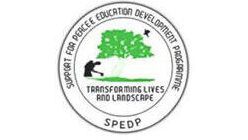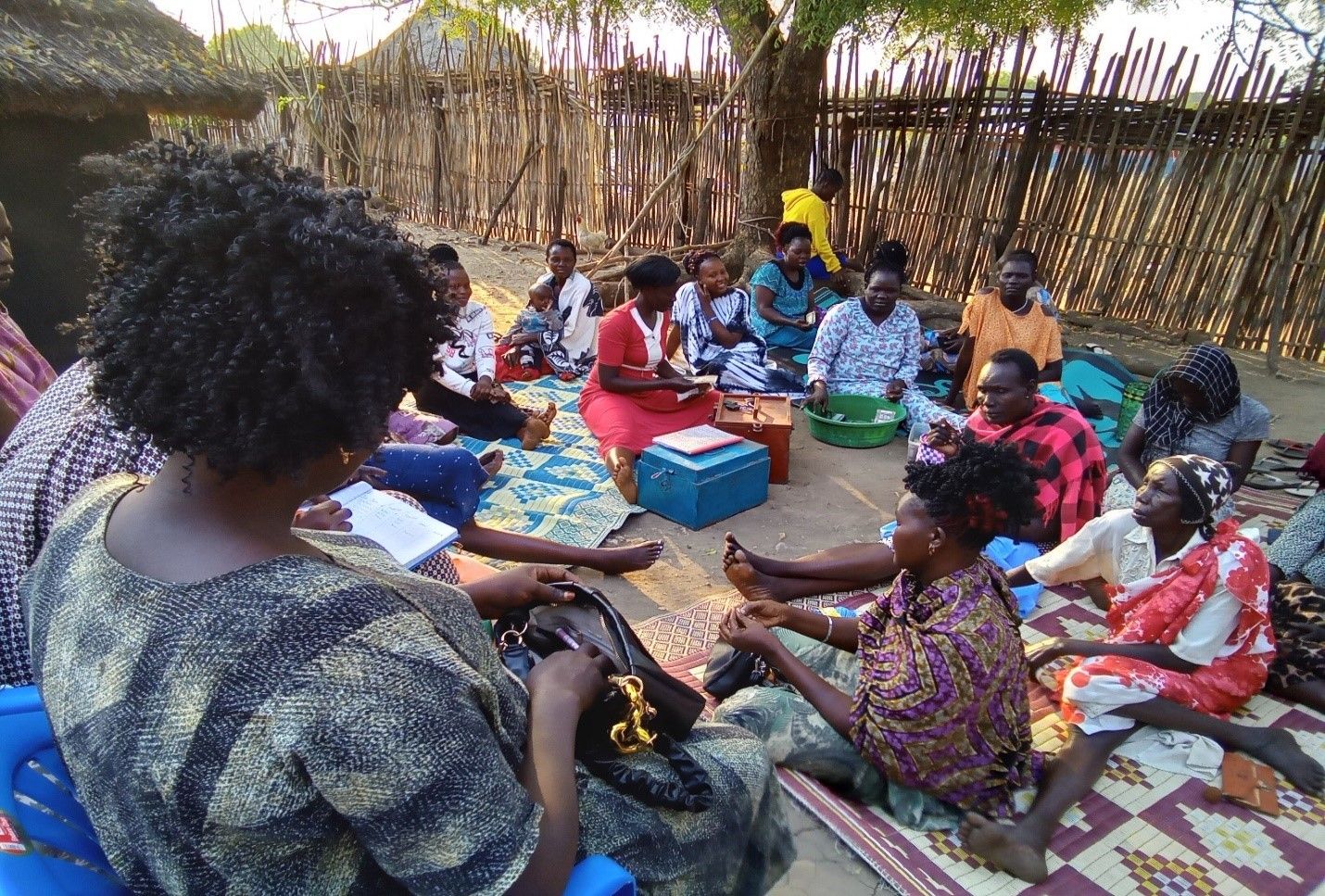The Issue
Magwi County, nestled in Eastern Equatoria State, has weathered numerous storms in recent years. The scars of conflict from the wars in 2013 and 2016 run deep, haunting the landscape with the spectre of displacement and upheaval. These conflicts forced a significant portion of Magwi’s population into internally displaced people’s (IDP) camps and across borders into neighbouring countries, disrupting the delicate balance of livelihood sustainability for both rural and urban poor communities.
However, amidst the echoes of conflict, a glimmer of hope emerged with the gradual return of relative peace. Yet, for those returning from IDP camps and neighbouring countries, the prospect of rebuilding their lives is marred by the stark reality of starting from scratch. Women, bound by cultural norms and caretaking roles, find themselves especially disadvantaged, lacking the means to contribute positively to family needs. The sudden onset of the COVID-19 pandemic in March 2020 further exacerbated Magwi’s plight. The closure of international borders, including the bustling frontier with Uganda, dealt a crippling blow to the nascent revival of livelihoods. The vibrant small-scale cross-border trade that once fuelled local economies ground to a halt, leaving many Community-Managed Microfinance (CMMF) groups, vital sources of capital, in limbo and incomes dwindling.
The Project
To revitalize lost opportunities and empower the impoverished, particularly women, DCA together with local implementing partner SPEDP have supported the formation of Community-Managed Microfinance (CMMF) groups. These groups, rooted in community involvement and self-management, offer a pathway for individuals to overcome financial barriers without the need for traditional collateral.
Through the establishment of Village Savings and Loans Associations (VSLAs), community members will pool their resources to create credit facilities. By saving collectively and accessing loans from their own contributions, individuals can embark on entrepreneurial ventures, generate income, and support their households.
The essence of CMMF lies in its ability to train and equip the economically vulnerable to save and borrow modest sums without the burden of collateral requirements. This enables marginalized individuals, particularly those lacking assets, to kickstart small-scale businesses, elevate their financial standing, and secure a brighter future for themselves and their families.
The Change
CMMF schemes are more than just financial support; they serve as powerful social interventions aimed at bolstering civil society and advancing the status of women. By fostering economic independence and encouraging increased participation in community governance, CMMF groups empower women to assume greater decision-making roles within households and local communities.
The provision of increased access to credit and the establishment of small businesses enable women to contribute meaningfully to household support, fostering a more balanced economic independence between genders. Through the empowerment of women in Magwi via access to credit and business management support, their direct involvement in community matters is amplified.
The intervention further establishes a stable credit base for CMMF groups by promoting the merging or clustering of these groups, thereby strengthening their collective capital. This clustering approach presents a viable avenue for the economically disadvantaged to access the capital needed to improve their businesses, thus fostering socio-economic development. Ultimately, the introduction of CMMF has enhanced the standard of living for the poor by socially and economically empowering women and youth. By facilitating their access to financial services and imparting knowledge and skills in managing sustainable income-generating activities, the intervention paves the way for their economic recovery and long-term resilience.
The Results
DCA and implementing partner SPEDP have so far established a total of 15 Community-Managed Microfinance (CMMF) groups comprising 360 women and 90 men. These groups are formed across Pageri, Nimule, and Magwi payams within Magwi County.
The target population consisted of marginalized groups, including impoverished women, youth, returnees, persons with disabilities, and members of the host community. 80% of the target population will be women, while 20% will be men, aged between 18 and 60 years.
Pageri and Nimule, in particular, host a significant number of returnees seeking to rebuild their lives. This project presents an opportunity for them to integrate into the community, offering support as they embark on a journey towards stability and self-sufficiency. As of January 2024, the 15 CMMF groups have been able to save 19,201,600 SSP.
Our Partner

DCA works with Support for Peace and Education Development Programme (SPEDP) to implement the project. Challenged by the high poverty levels and inequality in their community, SPEDP was established in 2007 by a group of young progressive South Sudanese nationals with the purpose and mandate of fighting these problems in their community. The aim of the organisation is to help the vulnerable households realize their potential to rise up to the challenge and hold stakeholders accountable. In that way, they meet the socio-economic problems facing them through local solutions.
Our Work
DCA works in South Sudan to provide inclusive humanitarian and development assistance to the most vulnerable individuals and communities in areas affected by disasters and emergencies caused by conflict and climate change. We work to build safer communities through humanitarian mine action and explosive ordnance risk education in local communities and schools.
About the project
Full title: Community Managed Micro-finance (CMMF) Project in Magwi, South Sudan
Period: September 2021 – August 2024
Partner: Support for Peace and Education Development Programme (SPEDP)
Funding: DKK 1,400,000
Number of people reached: 450
Main Donor: Private donation

